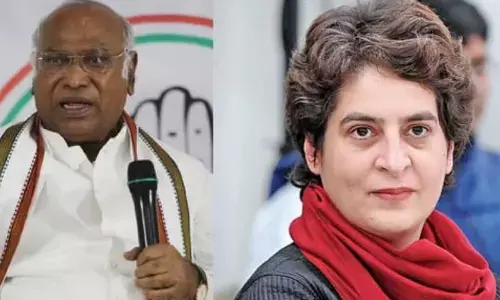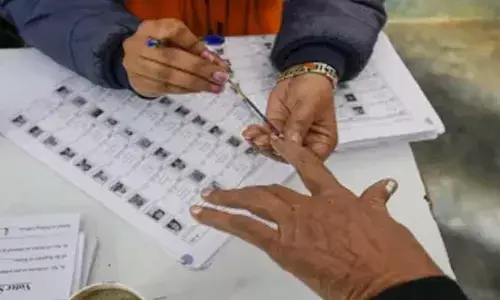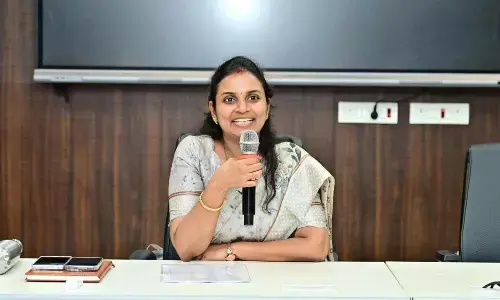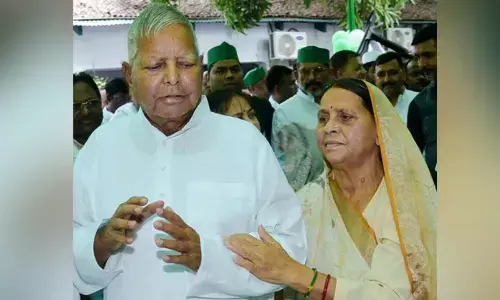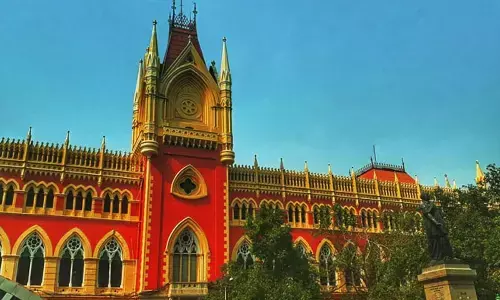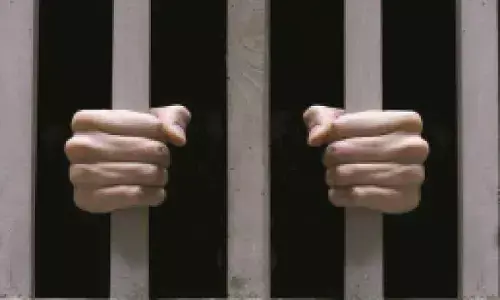Supreme Court To Hear Rahul Gandhi's Plea Challenging Defamation Conviction And Disqualification
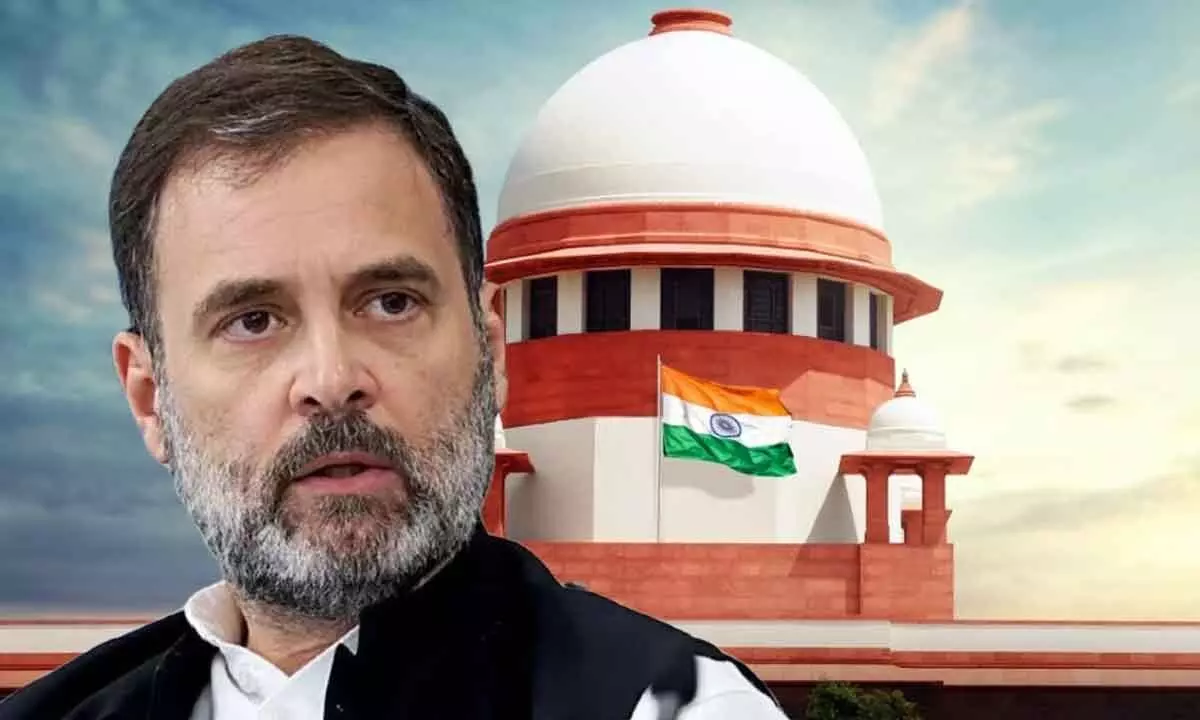
- The Supreme Court is set to hear a plea filed by Congress leader Rahul Gandhi on Friday, challenging the Gujarat High Court's decision to not stay his conviction in a defamation case linked to his "Modi surname" remark, which led to his disqualification from Lok Sabha.
- In the previous hearing, Justices BR Gavai and PK Mishra sought responses from Purnesh Modi and the state government regarding Gandhi's appeal.
The Supreme Court is scheduled to hear a plea by Congress leader Rahul Gandhi on Friday, challenging the Gujarat High Court's decision to not stay his conviction in a defamation case related to his "Modi surname" remark, which resulted in the loss of his Lok Sabha membership. In the previous hearing, Justices BR Gavai and PK Mishra had requested responses from former Gujarat minister Purnesh Modi and the state government regarding Gandhi's appeal against the high court verdict. The matter was listed for further hearing on August 4.
The criminal defamation case against Gandhi was filed by Purnesh Modi in response to his comment, "how come all thieves have Modi as the common surname?", made during an election rally in Kolar, Karnataka, on April 13, 2019.
During the previous hearing, the bench remarked that the issue at hand was whether the conviction should be suspended. Senior advocate Abhishek Singhvi, representing Rahul Gandhi, mentioned that the Congress leader had already suffered for 111 days and lost one Parliament session, with the possibility of losing another session.
Senior advocate Singhvi mentioned that the urgency in the matter lies in the possibility of announcing the by-election for the Wayanad constituency, from where Rahul Gandhi was elected and later disqualified from Lok Sabha due to his conviction and two-year sentence in the defamation case.
Justice Gavai clarified that although his late father, RS Gavai, was not a member of the Congress party, he had a close association with the party for over four decades and served as a Member of Parliament and MLA with its support. Justice Gavai also revealed that his brother is involved in politics. He invited Singhvi and senior advocate Mahesh Jethmalani, representing Purnesh Modi, to express any concerns they might have about his background.
Both Singhvi and Jethmalani stated that they were aware of these facts but had no objections to Justice Gavai presiding over the case. The Supreme Court asked Jethmalani and the counsel for the Gujarat government to submit their replies and written submissions.
In the defamation case against Rahul Gandhi, a Gujarat magisterial court convicted him on March 23 for his remarks on the Modi surname, leading to his disqualification as an MP from Wayanad on March 24. Gandhi's appeal for a stay on his conviction was rejected by the sessions court on April 20, prompting him to approach the high court.
Meanwhile, on July 7, the high court upheld the earlier order, maintaining Gandhi's disqualification from Lok Sabha. Currently, Gandhi cannot be arrested as his jail term remains suspended. However, only a stay on his conviction by the Supreme Court or a favorable judgment in his appeal by a sessions court would allow him to contest the upcoming Lok Sabha elections.
The conviction and two-year jail term make Gandhi ineligible to serve in either House of Parliament for eight years. However, this can be reversed if the conviction is overturned or suspended by a higher court.









